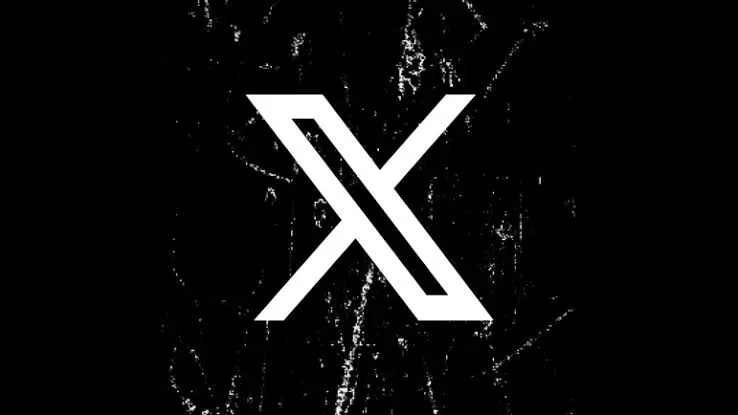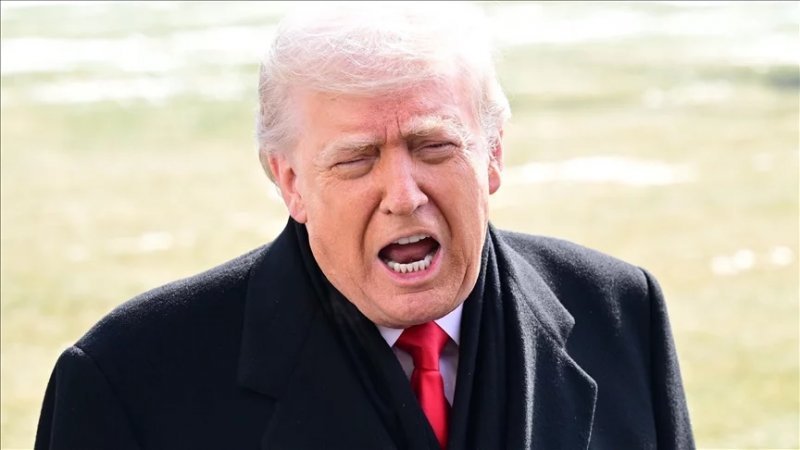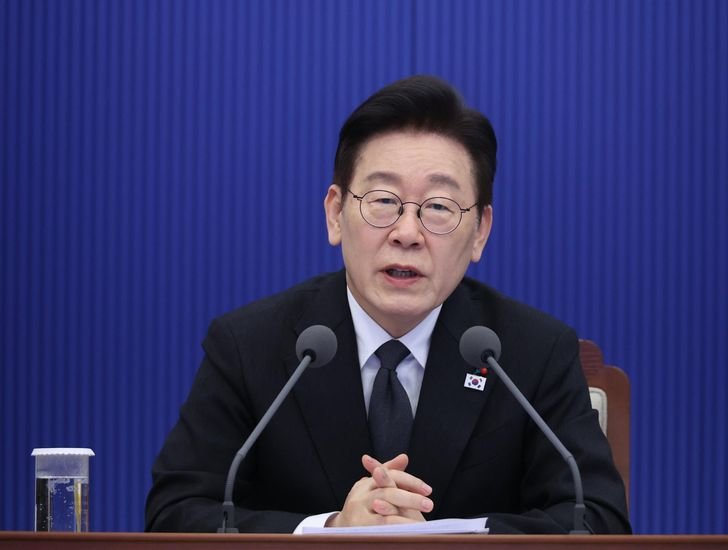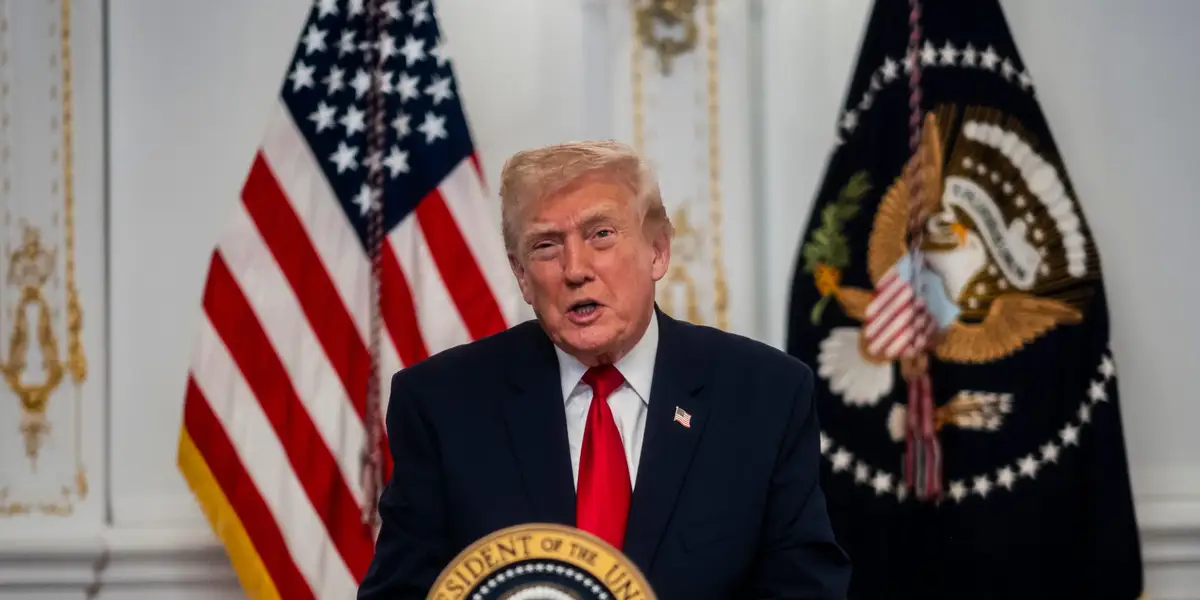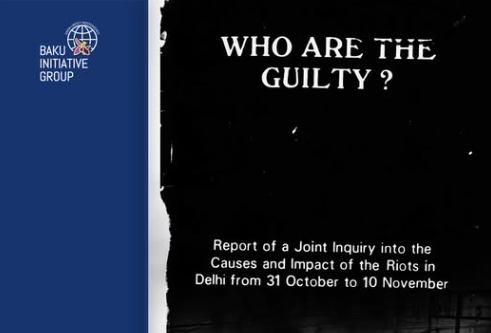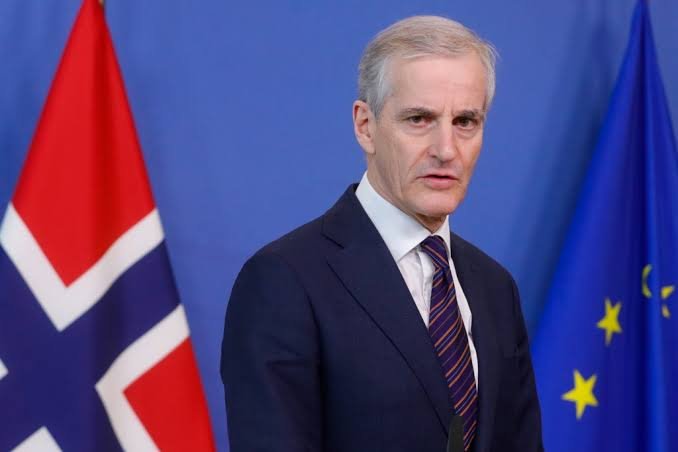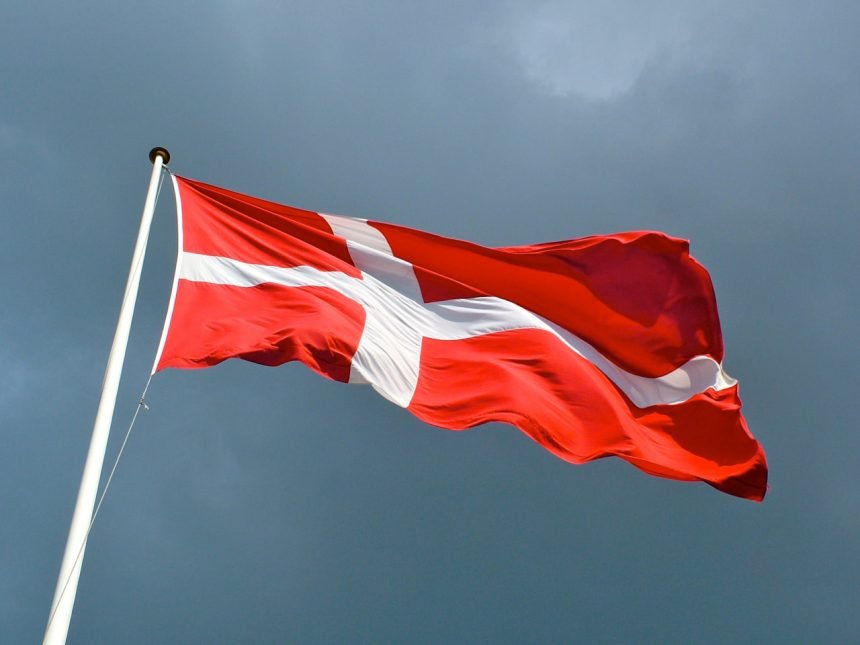San Francisco, April 20, 2024, The Europe Today: On Saturday, social media platform X announced its intent to challenge in court an order issued by an Australian regulator compelling the company to remove certain posts related to the recent stabbing of a Christian bishop in Sydney.
The incident in question involved the alleged stabbing of Bishop Mar Mari Emmanuel by a 16-year-old boy, who was subsequently charged with a terrorism offence. Footage from the scene showed the boy being restrained by the congregation while making accusations that Bishop Emmanuel had insulted Islam.
In response to the Australian eSafety Commissioner’s order, X’s Global Government Affairs released a statement indicating that the regulator had demanded the removal of specific posts discussing the attack on Bishop Emmanuel. The eSafety Commissioner threatened a daily fine of A$785,000 ($500,000) if X did not comply with the directive.
X contended that the eSafety Commissioner’s order exceeded the scope of Australian law and emphasized that the company had initially complied pending a legal challenge. X further asserted that the eSafety Commissioner lacked the authority to dictate global content visibility for X’s users.
The regulator, responsible for combating harmful online content, responded to X’s statement by reaffirming its commitment to ensuring compliance with Australian law. Additionally, the regulator indicated that it was evaluating whether further regulatory action against X was warranted.
The controversy surrounding Bishop Mar Mari Emmanuel extends beyond the recent attack. As a prominent figure on social media with a global following, Bishop Emmanuel has garnered attention for his controversial views on topics such as homosexuality, COVID vaccinations, Islam, and U.S. President Joe Biden’s election.
X’s legal challenge represents a pivotal moment in the ongoing debate over content regulation and the authority of regulatory bodies to enforce removal of online posts perceived as harmful or inflammatory.
As the case unfolds, it underscores broader issues related to freedom of expression, online governance, and the responsibilities of social media platforms in moderating user-generated content within national legal frameworks.
